Thảo nào sở di trú chỉ cho định cư, đầu tư vào bang QB

, nhưng sau 5 năm mình lại có thể chuyển đi bang khác. Cho em hỏi chút nhé, em tưởng là ở QB dùng tiếng Pháp nhưng cũng đc học tiếng Anh chứ ? Chả nhẽ nhiều đứa còn ko biết tiếng Anh ?
Tiếng Pháp là chính, tất nhiên là học sinh có được học tiếng Anh, nhưng vấn đề là chúng có học hay không.
Cũng giống bên Alberta nhà em, tiếng Anh là chính và tiếng Pháp là ngôn ngữ thứ 2 trong trường học, nhưng sau khi tốt nghiệp phổ thông, đọng lại trong đầu lũ học sinh chỉ còn
2 chữ bong dua và bông xoa

)
Dân QB có rất nhiều phần tử QB nationalists gây rất nhiều khó dễ cho chính quyền liên bang. Cách đây chưa lâu lắm, QB cho dân vote để tách ra độc lập, tỷ lệ là 49/51 chút nữa là thành Cộng Hòa Quebec.
Năm 2011 tụi em có qua QB chơi, thấy dân chúng cũng dễ chịu lắm, nhưng họ rất là dân tộc chủ nghĩa, và nhiều người không hề học tiếng Anh, khi em hỏi chuyện cứ cười thôi, chả nói được câu nào.
Cái này là vấn đề do lịch sử để lại, cũng có thể hiểu và thông cảm với họ, có điều họ làm quá quắt quá nên bị mất hết cảm tình và thiệt hại cho chính QB.
Những năm 70,80 thế kỷ trước, nói đến Canada là nói đến Montreal, trung tâm kinh tế của cả nước, phồn hoa đô hội lắm, không phải tự nhiên có TVH Montreal 1976, ngày nay đến Montreal chỉ thấy một thời hào hùng....dã qua, thấy thật tiếc cho những cơ hội bị bỏ lỡ cho QB.
Bác đọc thêm nhé.
Officially French-only: Quebec
Until 1969, Quebec was the only officially bilingual province in Canada and most public institutions functioned in both languages. English was also used in the legislature, government commissions and courts.
An Act to promote the French language in Quebec was passed in 1969 by the Union Nationale government of Jean-Jacques Bertrand. It required the education ministry to ensure that French as a second language was taught to all English-speakers and immigrants in Quebec, but allowed Quebeckers freedom of choice in deciding in which language to educate their children. This was considered too weak by many Quebec nationalists, leading to the creation of the Mouvement Québec français and increased support for the new Parti Québecois.
From 1968 to 1973, the Commission of Inquiry on the Situation of the French Language and Linguistic Rights in Quebec investigated how to strengthen the position of French in Quebec. Its recommendations led to the passage of the Official Language Act or "Bill 22" in 1974 by the Quebec Liberal Party government of Robert Bourassa. This made French the sole official language of Quebec and required its use in business.
Bill 22 was replaced by the Charter of the French Language (Bill 101) by Quebec's National Assembly in August 1977, under the majority government of the Parti Québecois led by René Lévesque. It is structured as a list of rights, where everyone in Quebec has the right to be served in French by the government and businesses, and also provides certain rights for speakers of English and aboriginal languages. Most government services are available in both French and English. Regional institutions in the Nunavik region of northern Quebec offer services in Inuktitut and Cree.
Several legal challenges have been raised against Bill 101 in the ongoing legal dispute over Quebec's language policy. In 1988, the Supreme Court of Canada ruled in Ford v. Quebec (Attorney General) that the ban on outdoor signs in languages other than French was unconstitutional. The government of Quebec choose to invoke the "notwithstanding clause" to shield the legislation from the courts. The United Nations Human Rights Commission ruled similarly in Ballantyne, Davidson, McIntyre v. Canada in 1993. The ban on non-French signs was lifted with the passage of Bill 86 in 1993.
Language in schools
Quebec has publicly funded French and English schools.
According to the Charter of the French Language, all students must attend French language public schools except :
children whose parents have done most of their elementary studies in English anywhere in Canada and the parents are Canadian citizens,
children that have already done all or most of their elementary or secondary studies in English anywhere in Canada, or has a sibling that has received most of their education in English anywhere in Canada, as long as the parents are Canadian citizens;
may attend publicly funded English schools. These rules do not apply to temporary residents of Quebec or First Nation children. If a parent had the right to attend English schools, but did not, they do not lose the right for their children.
Since 2006, English is taught as a second language in French schools from Grade 1 onwards, and a few schools also offer English immersion programs for advanced students. English schools offer a large range of programs that include French as a second language, French immersion, and fully bilingual programs that teach both English and French as first languages.
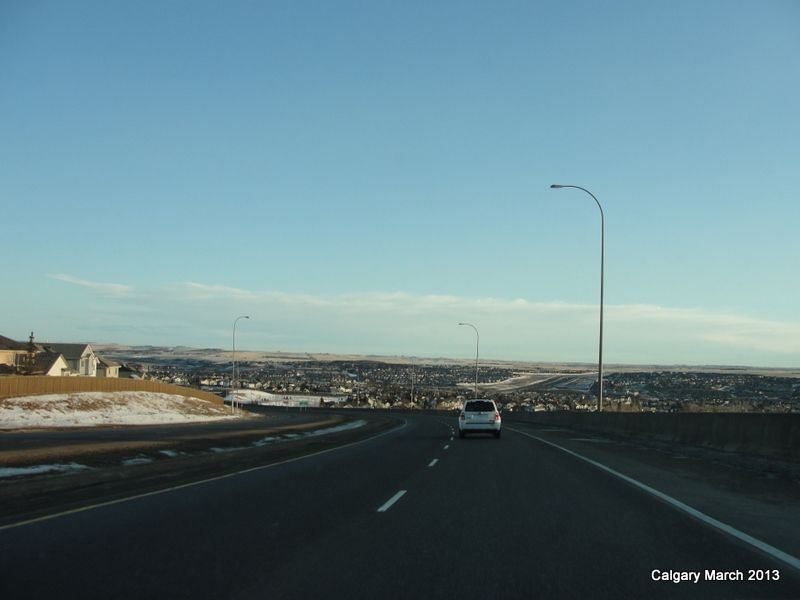
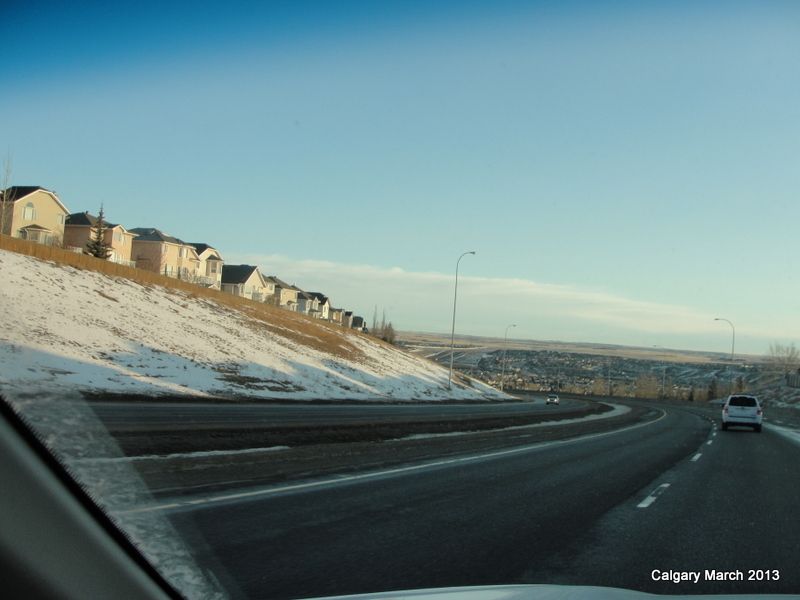
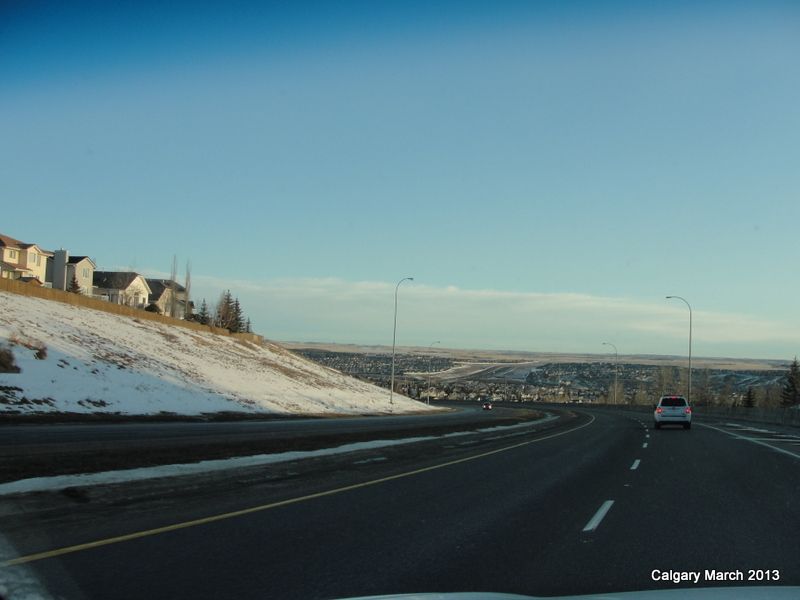

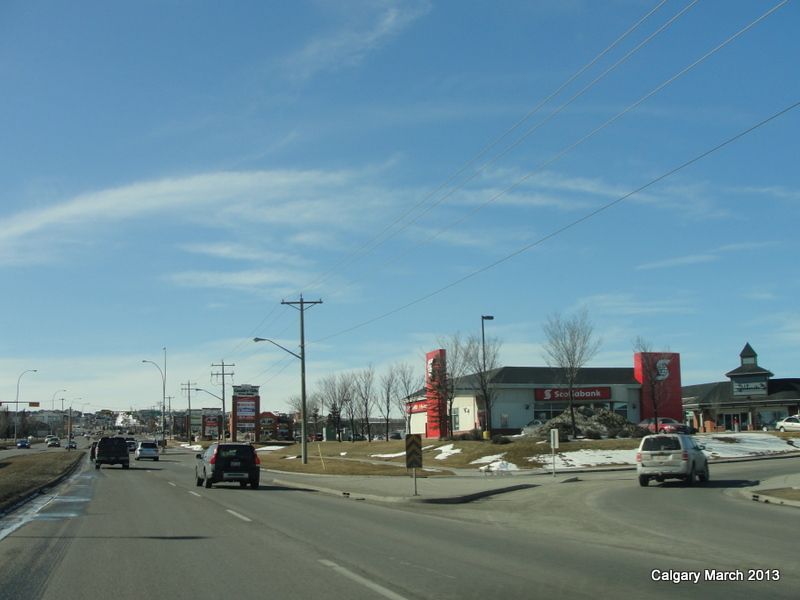
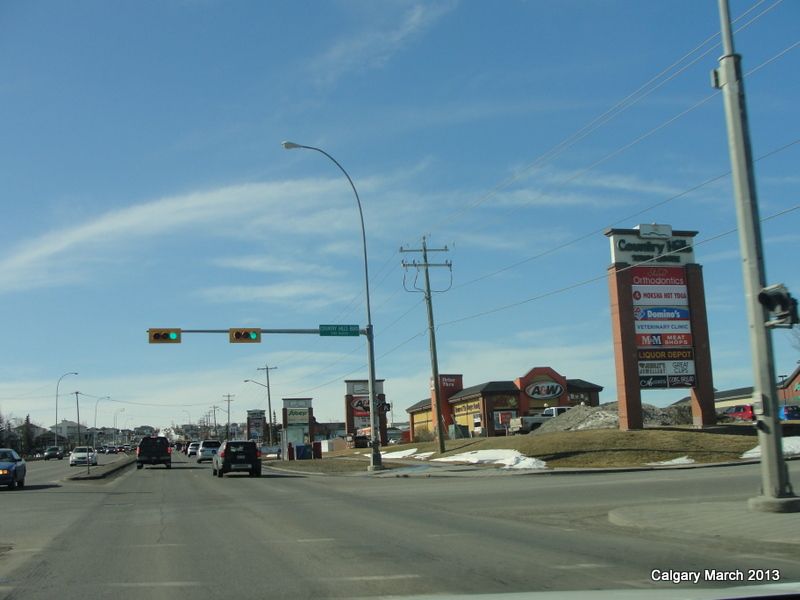
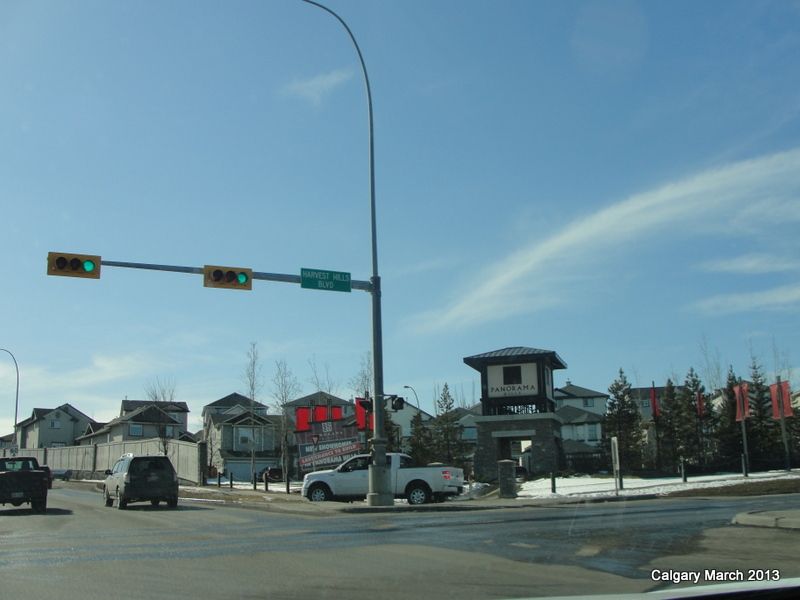
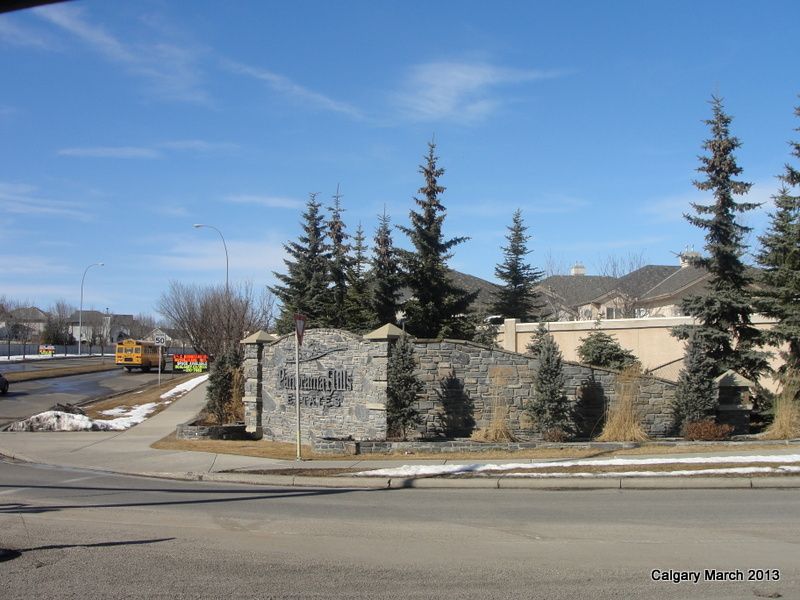
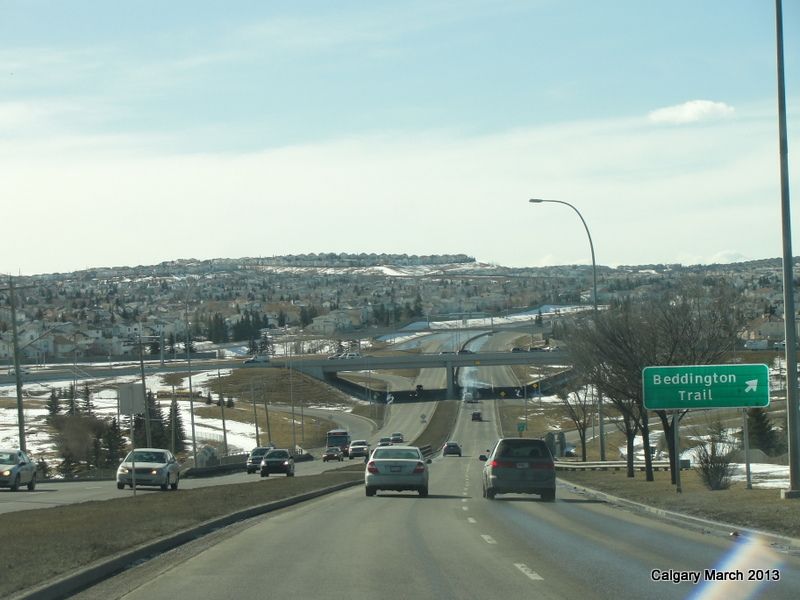
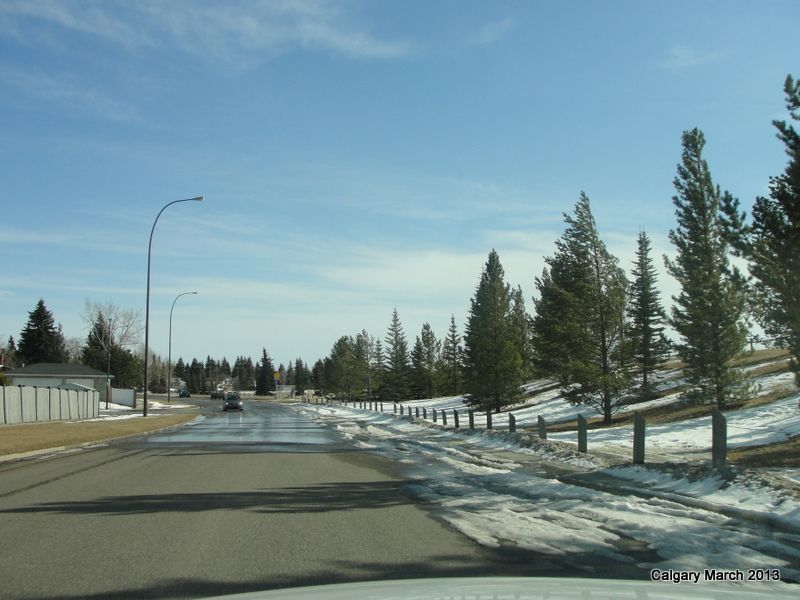


 anh chỉ muốn cho trẻ con đi thôi, mình quen trà đá, bia hơi HN rồi.
anh chỉ muốn cho trẻ con đi thôi, mình quen trà đá, bia hơi HN rồi.



 .
. , mâu thuẫn xh đủ lớn để có thể bùng phát bất kỳ lúc nào, người nông dân chắc phải bán dần hoa màu, đất đai để di cư tránh tổn thất ko đáng có
, mâu thuẫn xh đủ lớn để có thể bùng phát bất kỳ lúc nào, người nông dân chắc phải bán dần hoa màu, đất đai để di cư tránh tổn thất ko đáng có 
